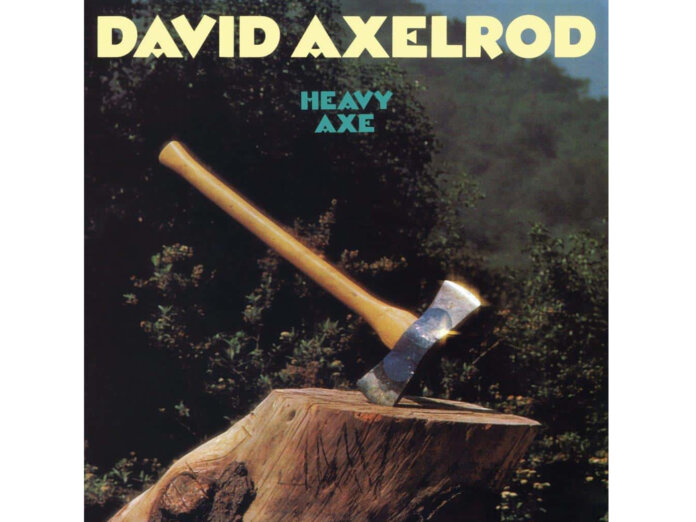A street-fighting man who cheerfully scaled cocaine mountains with Sly Stone, and once sought by George Harrison for Apple Records, David Axelrod had barely worked for a decade when, in the mid-’90s, his name began circulating among crate-digging fans. Indeed, just a few years earlier, the former ...
A street-fighting man who cheerfully scaled cocaine mountains with Sly Stone, and once sought by George Harrison for Apple Records, David Axelrod had barely worked for a decade when, in the mid-’90s, his name began circulating among crate-digging fans. Indeed, just a few years earlier, the former Capitol Records A&R and staff producer – who’d started his career in the late ’50s producing jazz records for the likes of Harold Land and Charles Mingus associate Buddy Collette – had been verging on homelessness.
In 1993, however, De La Soul’s Buhloone Mindstate twice featured a prominent piano from his Lou Rawls production “You’ve Made Me So Very Happy”, while three years later DJ Shadow’s “Midnight In A Perfect World” lifted from Axelrod’s “The Human Abstract”. Shadow even lured him out of retirement to remix UNKLE and Thom Yorke’s “Rabbit In Your Headlights” in 1998, before Mo’ Wax released an eponymous album of revised, unreleased tracks in 2001.
That same year, Dr Dre’s ubiquitous blockbuster “The Next Episode” hijacked the distinctive, dramatic opening of 1967’s “The Edge”, produced by Axelrod for actor David McCallum. When he died in 2017, Questlove declared, “He WAS hip-hop.”
Axelrod’s appeal is best encapsulated by his first two solo albums, 1968’s Song Of Innocence and 1969’s Songs Of Experience. That these suites were inspired by William Blake’s poetry speaks to their grand ambitions: his flamboyant, dynamic arrangements, all brass, strings and perfectly mic’d drums, with cavernous rhythms ideally suited to the breakbeat generation, were furnished with a luxury suggesting an unassailable urge to dwarf Phil Spector’s Wall Of Sound. Such elements remain central to 1974’s Heavy Axe, but it’s telling that it’s provided less fertile ground for sample junkies, and that’s arguably not only because its likeminded production is credited to his friend Cannonball Adderley, himself a frequent beneficiary of Axelrod’s techniques.
Axelrod instead arranges and conducts here, as well as writing the four best tracks. The highlight is “Mucho Chupar”, whose percussive, soulful funk, enhanced by Minnie Riperton-style squeals and Donna Summer moans, hurtles towards a colossal climax, while “Everything Counts” lithely reinterprets Song Of Innocence’s revered “Holy Thursday”. Elsewhere, however, his selection of material is less gripping. Adderley’s own “Get Up Off Your Hands” offers an entertainingly overblown Las Vegas opener, but Stevie Wonder’s “Don’t You Worry ’Bout A Thing” is reduced to incidental music for a Quincy episode, and Stephanie Spruill seems hellbent on caricaturing Millie Jackson’s worst excesses on a cabaret “You’re So Vain”. Faithful fans will celebrate this return to vinyl then, but even they will concede that ‘The Ax’ was capable of far heavier, more cutting-edge work.



